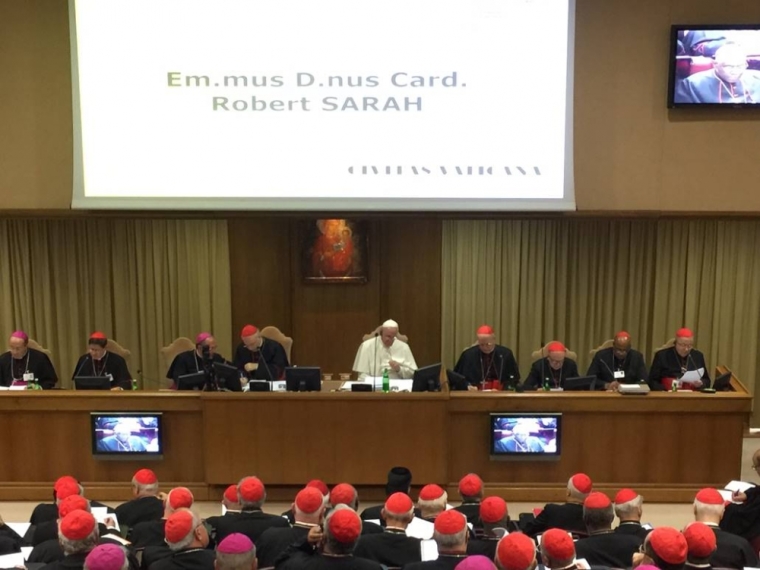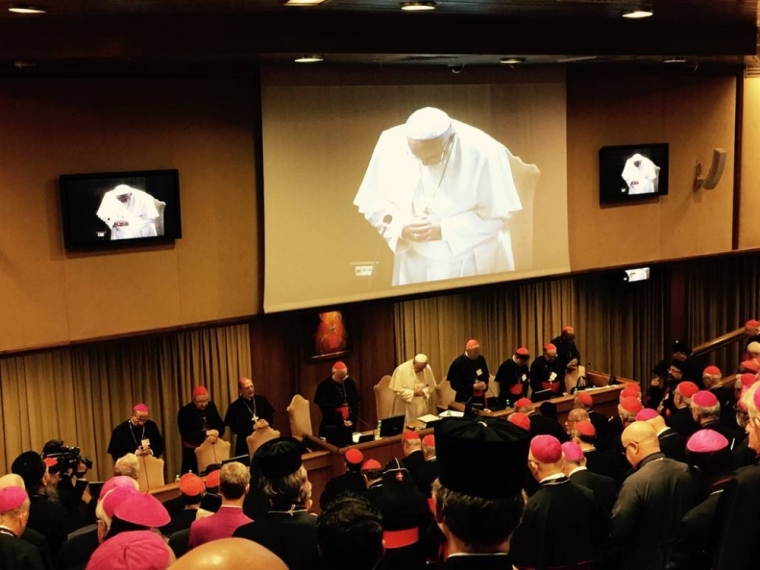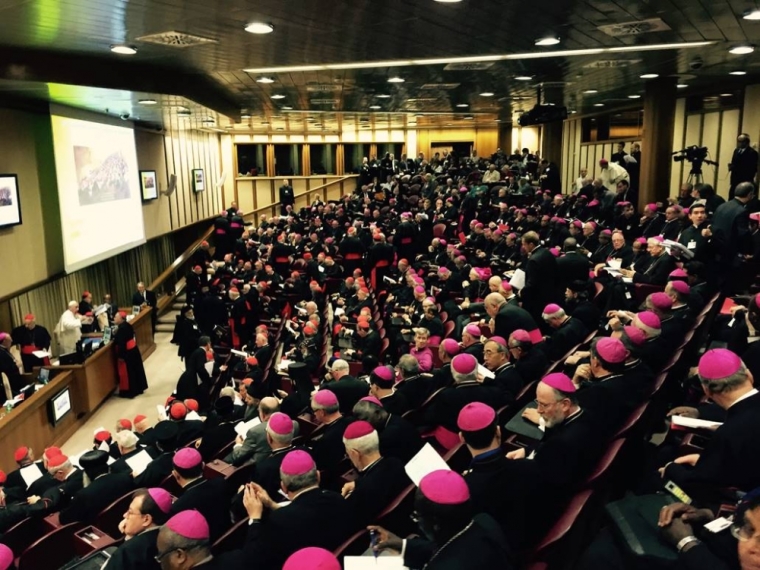Inside the Vatican Synod on Family: How Pope Francis Synods Are Different (Day 3)
Editor's note: The Christian Post has arranged with noted evangelical Dr. Thomas Schirrmacher, an expert on and friend of The Catholic Church, to provide exclusive and rare coverage of the World Synod of the Catholic Church scheduled for October 3-24.
This Vatican Synod is generating great interest among Catholics and Evangelicals alike as Pope Francis continues to make overtures for increased cooperation with Evangelicals to protect religious freedom in a world of increased persecution of Christians.
Schirrmacher is president of the International Council of the International Society for Human Rights und Ambassador for Human Rights and executive chair of the Theological Commission of the World Evangelical Alliance, the largest evangelical association in the world.
Only one evangelical was invited to this year's three-week Synod: Dr. Schirrmacher. Below is his exclusive CP blog post from this historic meeting:
October 5, 2015
The opening day was a really busy day. I had my first short meeting with Pope Francis, had to prepare my own first short speech, which has to be given to the synod's office beforehand, as they check the length, and had to listen, listen, listen. Why?
The Catholic Church is the oldest existing institution (and by far the largest that ever existed) and has a lot of very ancient laws and habits. One is that, for documents to become valid they have to really be read allowed.
I remember once to have listened 1.5 hours to a final statement of a symposium, which had to be read again, as major changes were made. But do not forget, reading texts loud is still important in many cultures and was the habit in New Testament times.
This is the reason most churches read several passages of Scripture (often from the Old Testament, the letters and the Gospels) aloud in the service. The two longest texts were the results of the last synod and the results of the discussion project between the synods. These will be the only texts that will be available on the internet, from now on no text will be published and it is forbidden to quote people by name. So I cannot report in the future who said what, as everyone should have the freedom to speak frankly, bold and without the public. Nevertheless, there will be much that can be reported.
There is a huge difference between synods under the last pope and the one's under Pope Francis, because Pope Francis is there the whole time and can be talked to in pauses or on his way in and out. Pope Benedict always was covered up by his bodyguards, came in at the last, when the session had started and was the first to leave.
Pope Francis came long before the beginning and greeted most delegates at the entrance, like a host greeting his guests to his home. This gives the whole synod a much more familiar character and colors all other relations.
And as always, beside the programs, it is the building of relations and friendships that count here. Since the cardinals and bishops of the Catholic Church often do not know each other — how could they, if one resides in Malawi and one i New Zealand? — they rarely have as much time together as they have in a synod of 3 weeks.
































